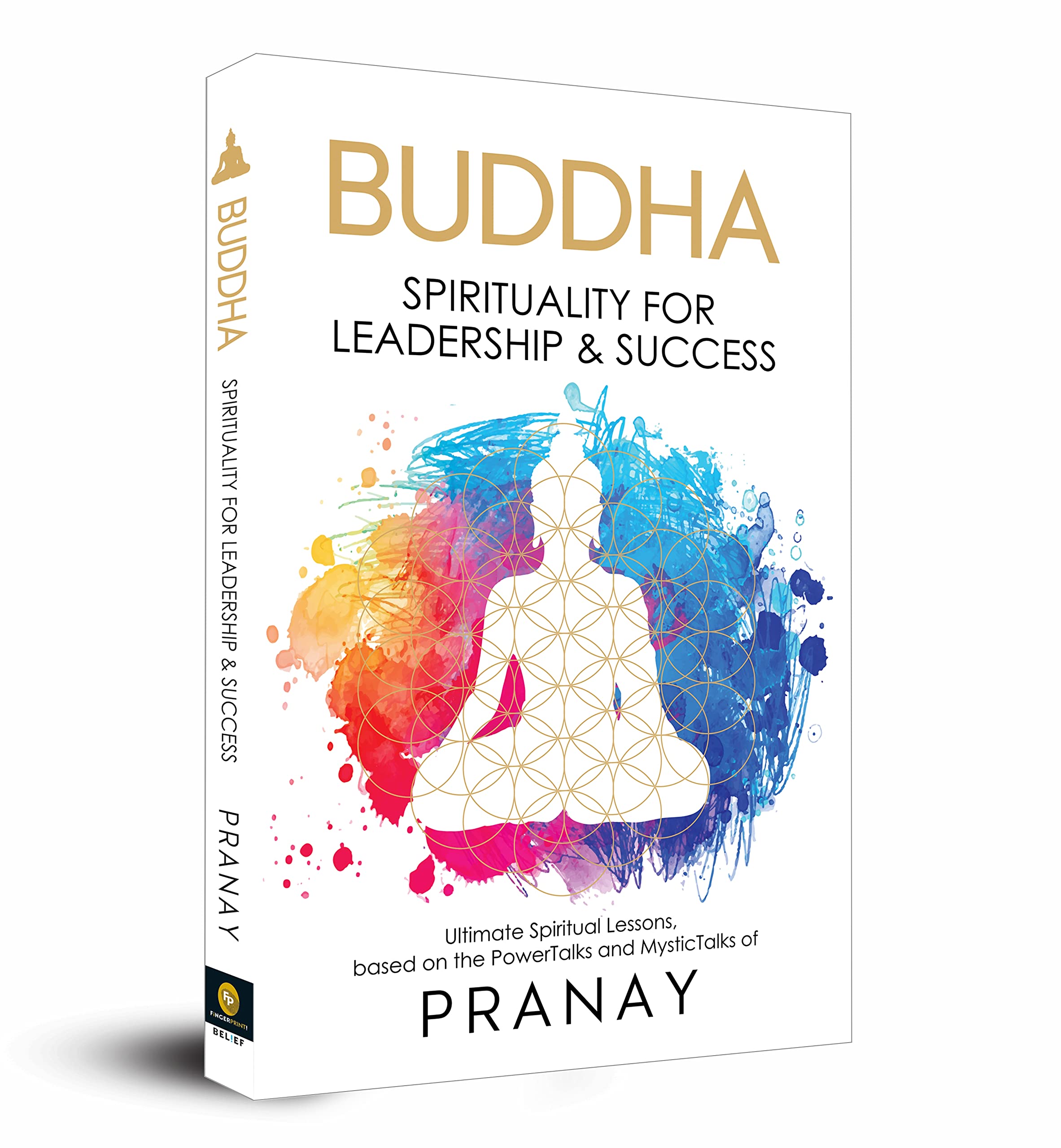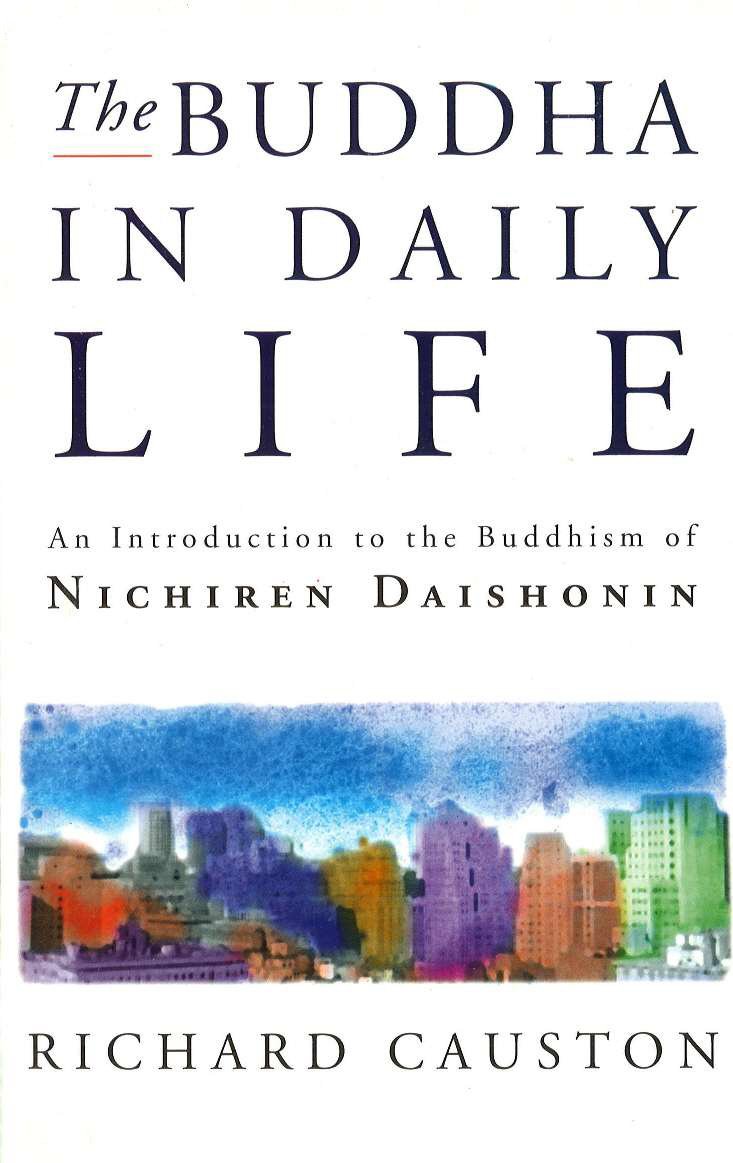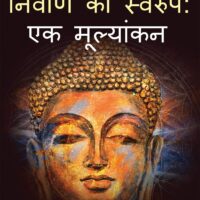Buddha In Daily Life, English book by Richard Causton .
“Buddha in Daily Life” is a book written by Richard Causton that explores the practical application of Buddhist principles in everyday life. The book offers a modern perspective on the teachings of the Buddha and how they can be used to overcome the challenges and stresses of daily life.
Through personal anecdotes and examples, the book shows how Buddhist principles such as mindfulness, compassion, and detachment can be used to cultivate a sense of inner peace, happiness, and contentment. It also provides practical guidance on meditation, dealing with difficult emotions, and developing positive relationships.
Overall, “Buddha in Daily Life” is a useful resource for anyone interested in incorporating Buddhist principles into their daily life, whether they are new to Buddhism or have been practicing for some time. It provides practical advice and inspiration for living a more meaningful and fulfilling life in the midst of the challenges and distractions of modern society.
Description
Following Buddhism in daily life involves incorporating Buddhist principles and practices into your daily routine. Here are some ways you can do this:
- Practice mindfulness: Mindfulness is an essential aspect of Buddhism, and it involves being fully present in the moment without judgment. You can practice mindfulness by paying attention to your breath, observing your thoughts and emotions without getting caught up in them, and being present in your daily activities.
- Cultivate compassion: Compassion is a central tenet of Buddhism, and it involves treating others with kindness, understanding, and empathy. You can cultivate compassion by practicing loving-kindness meditation, volunteering, and being kind to those around you.
- Live ethically: Buddhism emphasizes the importance of living an ethical life, which means avoiding harmful behaviors such as lying, stealing, and harming others. You can live ethically by being honest, treating others with respect, and avoiding actions that cause harm.
- Meditate: Meditation is a key practice in Buddhism, and it involves training your mind to focus and become more aware. You can meditate by setting aside time each day to sit quietly, focus on your breath, and observe your thoughts and emotions without getting caught up in them.
- Study Buddhist teachings: Buddhism has a rich tradition of teachings and practices that can help you deepen your understanding of the world and yourself. You can study Buddhist teachings by reading books, attending classes or workshops, and connecting with a community of Buddhist practitioners.
Incorporating these practices into your daily life can help you live a more mindful, compassionate, and ethical life in alignment with Buddhist principles.
Only logged in customers who have purchased this product may leave a review.











Reviews
There are no reviews yet.